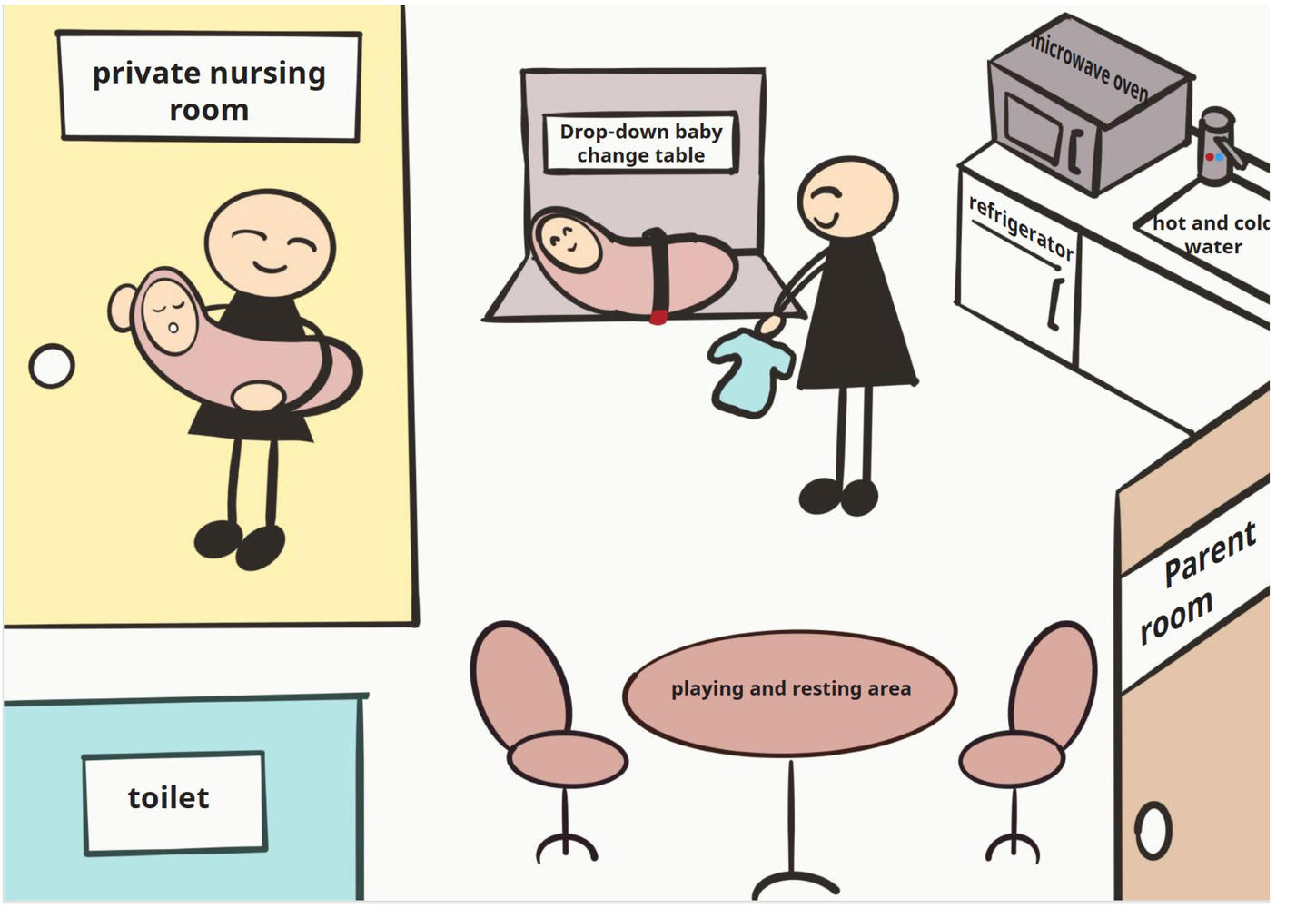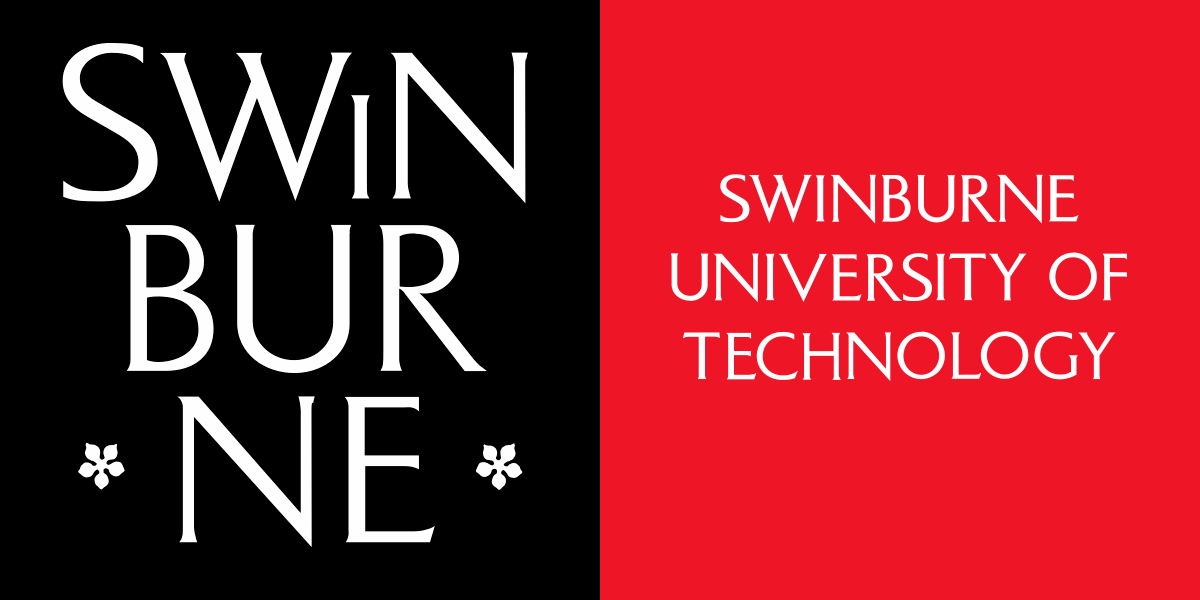Sunday, 01 Dec 2019
Submission Information (closed)
Long Paper Track: Deadline (closed)
We invite submission of advanced and high-quality papers of up to 6000 words that address the conference theme and make a substantive contribution as critiques, theorisation or knowledge production in the service design field, with implications for research and practice. Accepted papers will be invited to present as an extended conference session, whereby each paper will be allocated a discussant who prepares a guided discussion for the paper.
Selection will be based on the strongest potential for acceptance for a Special Issue in the International Journal of Design edited by Ingo Karpen, Carolyn Barnes, Stefan Holmlid and Eun Yu. Please note, only a limited number of papers can be selected for the Special Issue.
Submissions that are not accepted will be notified in advance (by mid-late November 2019) with the option to re-write and submit to the Short Paper track.
All Long Paper abstracts will be published in the conference proceedings. Accepted submissions will be given the choice to publish the whole paper in the conference proceedings or withhold them if the author(s) wish to re-work them for another output.
Short Paper Track: Deadline (closed)
We invite exploratory, speculative, and/or provocative works, including those in progress. The short paper track aims to provide opportunities for lively and respectful discussion. Inspired by the growing endeavours to explore different modes of communicating knowledge and practice, ServDes2020 invites three ways to submit to the short paper track that addresses the conference themes above:
• Short scholarly paper up to 3000 words.
• Other-than-Paper media, plus an 800-word text, that communicates and contributes knowledge in new or particular ways that the chosen media types allow.
• Practice Notes: an 800-1000 words written piece aimed at a broad audience that asks questions, discusses methods or challenges notions of service design practice. Submissions to this track may include mixed media as part of the submission.
Please note that EasyChair only accepts submissions in a .pdf format. Still images may be embedded in the pdf (maximum file size: 5MB). Other types or larger-sized media should be made available online, the URL of which must be included and clearly indicated in your pdf submission. Please download the Short Paper template (under submission guidelines) for ’Scholarly’, ‘Other-than-paper’ and ‘Practice notes’ and use the same formatting.
All Short Papers will be published in the conference proceedings.
Workshop Tracks: Deadline (closed)
The practice of running workshops in Service Design is evolving. We aim to capture this moment and elevate the workshop as a focus for something we are curious about, experiment with, and from which we generate insights.
We invite and encourage proposals that reflect on what a workshop is and does as well as address the conference themes. For example, the workshop could include a focus on the tensions theme by exploring how the ethics of ‘data’ generated from workshops are followed through; or the paradox theme by revealing contradictory ideas that exist simultaneously within the issue/s the workshop aims to address; or the plurality theme, by focusing the workshop on how to generate an experience that validates participants from diverse backgrounds and experiences.
These themes could be contextualised within a broader situation, such as a change within a health system, a not-for-profit organisational issue; or a government service system (as examples).
All accepted Workshop abstracts have the option to be published in the conference proceedings.
New models of workshopping
We are seeking proposals that wish to explore an idea but also progress the craft of running workshops, such as new and innovative ways to engage and encourage participation. What materials and methods, beyond post-it notes and butcher’s paper, can bring insights to the surface? What bespoke tools are used that elicit different forms of interaction? What do physical, and performative aspects enable?
Your workshop will make ServDes2020 an inclusive and stimulating event. Please write in a lively and inviting manner and supply compelling imagery that will attract participation. In your proposal, submit a range of images (no more than 1mb each ) to illustrate the innovative, haptic, tactile, performative nature of the workshops.
Workshop categories
As an object of inquiry at ServDes.2020 we invite submission of three categories:
1. Embedded workshops (1.5hrs): Proposals that are embedded within a workplace, in the field or at the site of specific service design-oriented projects. Suggested ratio of 1:20 (facilitator : participants). These workshops give participants insight into local practices and working environments. Please outline how the workshop will engage with the conference themes, the overarching objective of exploring inclusivity and take full advantage of the workshop format proposed. Please note, submissions can be made by visitors from outside Melbourne if they can partner with a local practice.
2. Thematic workshops (1.5hrs): Proposals that explore concepts, theories, processes, frameworks, practices and pragmatics through a smaller workshop format. Thematic workshops can be conducted by practitioners, academics or researchers in fields where a closer engagement with the proposed subject matter is more appropriate. Suggested ratio of 1:10 (facilitator : participants). This can be facilitated by individuals or small groups but the ratio of participants to facilitators will be lower than the other categories. Venues will be provided but please include specific requirements, such as materials, facilities and technologies in your proposal.
3. Workshopping workshops (1.5hrs): The practice of running ‘workshops’ is evolving but the variety and efficacy of methods remain opaque. This track aims to elevate the methods of ‘the workshop’ itself as the topic to be investigated when explored through tensions, paradoxes and plurality. The type of workshop, how it functions and reflection on what it is and does, will be the focus of the interaction. Suggested ratio of 1:20 (facilitator : participants). Venues will be provided but please include specific requirements, such as the facilities and technologies required for your workshop, in your proposal.
Selection criteria
The criteria for selection are common to each category. The proposal must:
• Demonstrate the quality of design, content and engagement
• Have a clear, stated intention (what will participants get from attending?)
• Show that the workshop proposal contributes to design practice
• Identify the originality in the way the workshop is designed
Requirements
Please use the Workshop Proposal template and address the following requirements (you can use the dot points below as a guide for headings):
• Contact name
• Organisation
• Venue address [and travel directions for Embedded Workshops]
• NB: please anonymise for blind peer review and supply once shortlisted
Workshop title
Workshop outline (6-800 words in total). Include:
• Summary: 150 word abstract of the workshop written as a ‘call out’ invitation for participants. Describe what participants will do; the schedule of activities within the timeframe; and so on
• Theme/s to be addressed (eg Tensions, Paradoxes or Pluralities) and how the submission speaks to these
• Imagery of previous workshops or methods used that highlights the features of your proposal
• Context (for example: health; customer experience; or environmental or social issue)
• Objectives (for example: to run an open-ended, generative event; to explore an issue in depth; or to bring people together in a different way)
• Impact on Service Design practice (innovative or novel activity), include any academic and/or industry references that substantiate the proposal and its contribution to design practice
• Risks (if applicable)
• Outcomes including, for example: documentation and/or alignment with a Short Paper
• Reflective activity built into your workshop experience
• Facilities required (including technology; whiteboards; wall space etc)
• Capacity (preferred number of people)
• Room style: for Thematic workshops and Workshopping workshops to be held at RMIT, we have two room styles: fixed tables and movable tables, which hold up to 30 people in each. Please indicate your preference and we will aim to provide if possible.
Student Forum: Deadline (closed)
This track invites undergraduate and recent graduates, Masters and PhD students to a dedicated program of discussions, workshops and networking around Service Design. Are you an undergraduate or recent graduate and would like to share your questions, concerns or speculative ideas with fellow students? Are you a postgraduate student and would like to share your research with peers? Are you interested in service design education and keen to discuss student learning experiences with fellow practitioners?
This forum aims to provide a platform for you to share examples of work underway or completed, celebrate excellent projects, exchange ideas, gain feedback from recent graduates, researchers, educators and build relationships with experts and emerging practitioners in Service Design. It supports both oral presentations and showing work in the form of a poster. Prizes will be given for best poster and best presentation.
Please submit a 250-word abstract and indicate whether you wish to exhibit a poster or oral presentation (or both) that speak to one or more of the conference themes – Tensions, Paradoxes, Plurality. The abstract should include:
• Keywords (up to 4)
• Introduction to topic, issue or project
• Description of project
• Conclusion, impact or results
• Follow ServDes. conference paper template for formatting
For those who would like to present a poster, please also include a screen-resolution draft of your poster in your submission as well as any other visuals (sketches, prototypes, data vis, mapping, images of work) that relate to your abstract. Please make sure that copyright is sought prior to submission, if the image is not your own. If the submission contains images of people, please obtain permission by those to make them public.
Your submission should be A4 PDF (no bigger than 5MB) and uploaded to the ServDes. conference submission system by the extended deadline of 15th January, 2020 Eastern Standard Time (EST). Please note, once your poster has been accepted, we will provide you with specific instructions regarding submission of poster artwork.
All accepted Student Forum abstracts and posters and will be published in the conference proceedings.















































